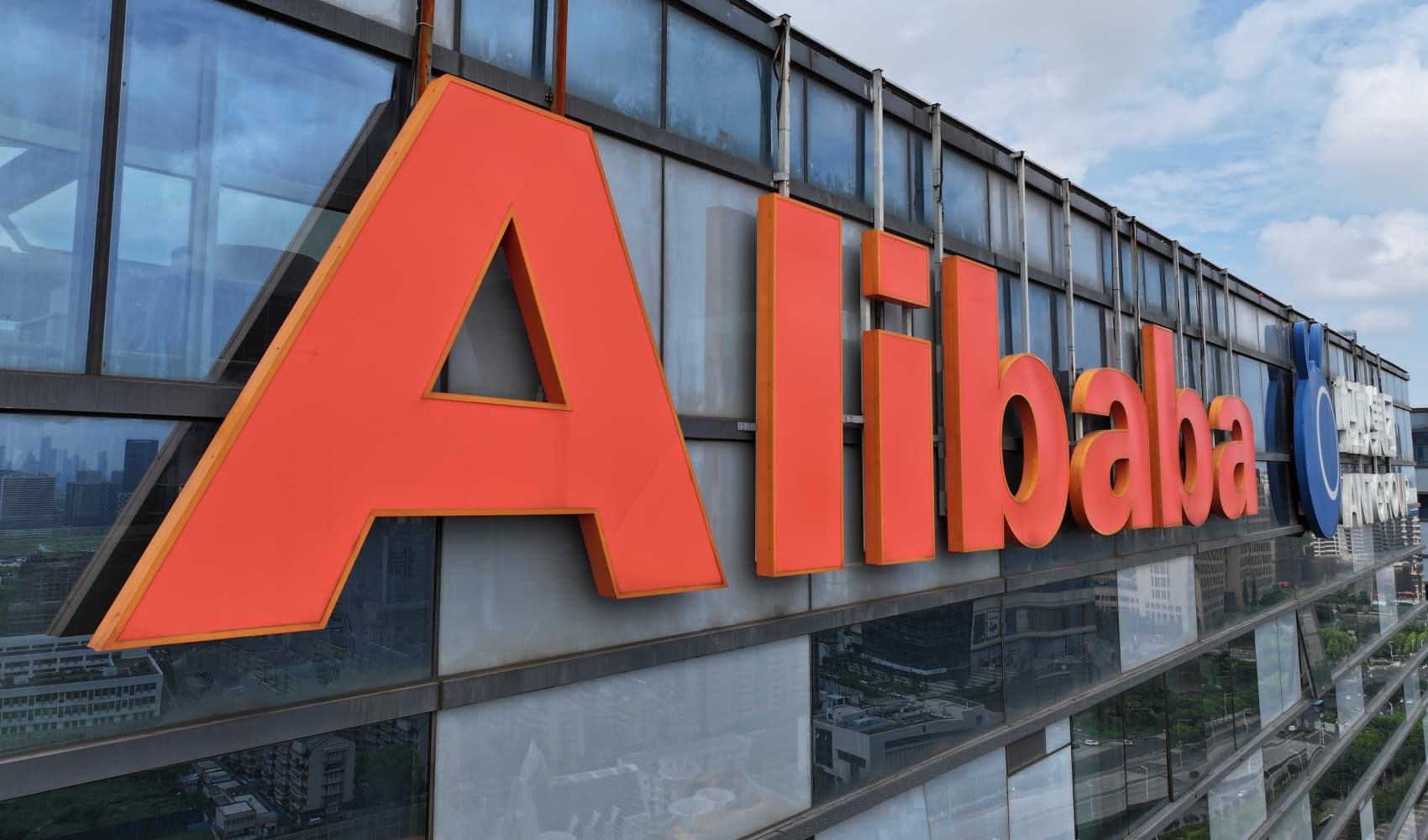Shell's $3.5B Buyback: Is Now the Time to Invest?
Shell's $3.5 Billion Buyback: Fueling Shareholder Value After Profit Beat
Introduction: A Winning Quarter for the Oil Giant?
The oil and gas industry is a rollercoaster, isn't it? One minute you're riding high on surging prices, and the next, you're navigating choppy waters of economic uncertainty. So, when a major player like Shell announces a profit beat and a massive share buyback program, it's time to sit up and take notice. Shell, the London-listed energy behemoth, just dropped some impressive numbers for the first quarter, and the market is buzzing. Let's dive into what's driving this success and what it means for investors.
Shell's Q1 Earnings: Exceeding Expectations
The Numbers Don't Lie
Here's the headline: Shell reported adjusted earnings of $5.58 billion for the first three months of the year. Not too shabby, right? Especially when you consider that analysts were predicting a more modest $5.09 billion, according to an LSEG-compiled consensus. That's a significant beat, indicating Shell's ability to navigate the complex energy landscape and deliver solid results. It's like hitting a home run when everyone expected a single – a clear sign of strength and effective strategy.
The $3.5 Billion Share Buyback: A Vote of Confidence
Rewarding Shareholders, Boosting Value
But the good news doesn't stop there. Shell is also launching another $3.5 billion share buyback program, expected to be completed over the next three months. What does this mean? Simply put, Shell is using its cash to purchase its own shares in the market. This reduces the number of outstanding shares, which can, in turn, increase the earnings per share (EPS) and potentially drive up the share price. It's like shrinking the pie so each slice is bigger – a win for existing shareholders. The share buyback is a clear sign that Shell's management believes the company's stock is undervalued and that they are committed to returning value to their investors.
Navigating a Complex Market: Challenges and Opportunities
Crude Oil Volatility and Global Uncertainty
The backdrop to Shell's success is far from simple. Remember that rollercoaster we mentioned earlier? Oil markets have been anything but stable, with crude prices experiencing significant fluctuations. Plus, factors like U.S. President Donald Trump's shifting trade policies (historically, though the article may still be relevant) can add further uncertainty to the global economic outlook. These factors can rattle investor sentiment and create headwinds for energy companies. It's like sailing a ship through a storm – you need a steady hand and a well-prepared crew.
A Deeper Dive: What's Fueling Shell's Performance?
Upstream Performance: Tapping into Potential
While specific details regarding upstream (exploration and production) performance require a deeper dive into Shell's full report, it's likely that efficient operations and strategic investments in key projects have contributed to the strong earnings. Think of it as discovering a new vein of gold in an existing mine – maximizing resources and optimizing production.
Downstream Efficiency: Refining and Marketing Excellence
Similarly, Shell's downstream business (refining, marketing, and distribution) plays a crucial role. Streamlining processes, optimizing refinery operations, and effectively marketing products can significantly impact profitability. It's like turning raw materials into valuable goods with minimal waste – a testament to efficient management and strategic market positioning.
Comparing to Last Year: A Contextual Perspective
Earnings Dip: Putting It into Perspective
While the $5.58 billion profit beat expectations, it's important to note that earnings fell by more than a quarter compared to the same period last year. Why the drop? Several factors could be at play, including fluctuations in oil prices, changes in demand, and increased operating costs. It's crucial to view the current results within a broader context, considering both the challenges and the opportunities in the energy sector.
The Investor's Perspective: Is Shell a Good Investment?
Weighing the Risks and Rewards
So, should you invest in Shell? That's the million-dollar question. Like any investment, it's essential to weigh the risks and rewards carefully. Factors to consider include the company's long-term strategy, its dividend yield, its exposure to geopolitical risks, and its commitment to renewable energy. It's like conducting thorough research before embarking on a long journey – knowing the terrain and planning for potential obstacles.
The Future of Energy: Shell's Transition
Embracing Renewable Energy: A Strategic Shift
The energy landscape is evolving rapidly, with a growing focus on renewable energy sources. Shell, like other major oil companies, is actively investing in renewable energy projects, including solar, wind, and biofuels. This strategic shift reflects a recognition of the need to diversify its energy portfolio and adapt to a changing world. It's like a chameleon adapting to its environment – evolving to thrive in a new landscape.
Analyzing the Buyback: Why Now?
Market Conditions and Share Valuation
Why is Shell choosing to initiate a share buyback now? Several factors could be influencing this decision. If the company believes its shares are undervalued by the market, a buyback can be an effective way to boost shareholder value. Additionally, strong cash flow and a healthy balance sheet provide the financial flexibility to undertake such a program. It's like seizing an opportunity when the stars align – taking advantage of favorable conditions to maximize returns.
Impact on Share Price: What to Expect
Short-Term and Long-Term Effects
What impact will the share buyback have on Shell's share price? In the short term, it could create upward pressure as the company actively purchases its own shares. Over the long term, the reduced number of outstanding shares could lead to higher earnings per share and potentially a higher valuation. However, market sentiment and broader economic conditions will also play a significant role. It's like planting a seed – expecting it to grow into a strong tree, but acknowledging that weather and soil conditions will influence its development.
Shell's Strategy: Long-Term Vision
Diversification and Sustainable Growth
Shell's long-term strategy likely involves a combination of traditional oil and gas operations, investments in renewable energy, and a focus on sustainable growth. This balanced approach aims to ensure the company remains competitive and profitable in a rapidly changing energy market. It's like a diversified investment portfolio – spreading risk across different asset classes to achieve long-term financial security.
Geopolitical Risks: A Constant Factor
Navigating Global Instability
Geopolitical risks are an ever-present factor in the oil and gas industry. Events such as political instability, trade disputes, and conflicts can significantly impact oil prices and supply chains. Companies like Shell must navigate these risks carefully to protect their operations and ensure a stable supply of energy. It's like steering a ship through treacherous waters – being vigilant and adapting to changing conditions.
Expert Opinions: What Analysts Are Saying
Interpreting the Data and Market Response
What are the experts saying about Shell's performance and the share buyback program? Analyst opinions can vary, but generally, a profit beat and a share buyback are viewed positively. However, analysts will also be scrutinizing the company's long-term strategy, its cost management efforts, and its exposure to various risks. It's like consulting multiple doctors before making a major health decision – gathering diverse perspectives to make an informed choice.
Conclusion: Key Takeaways from Shell's Q1 Performance
Shell's first-quarter performance is a mixed bag. While the profit beat and the share buyback program are positive signs, the year-on-year earnings decline highlights the challenges facing the energy industry. The company's commitment to renewable energy and its strategic approach to navigating a complex market are crucial factors for long-term success. Ultimately, investors should conduct thorough research and consider their own risk tolerance before making any investment decisions.
Frequently Asked Questions (FAQs)
Q: What is a share buyback and why do companies do it?
A: A share buyback is when a company repurchases its own shares from the open market. Companies do this to reduce the number of outstanding shares, potentially increasing earnings per share (EPS) and boosting the share price. It's often seen as a way to return value to shareholders.
Q: How does Shell's investment in renewable energy impact its future?
A: By investing in renewable energy, Shell is diversifying its energy portfolio and preparing for a future where sustainable energy sources play a more prominent role. This can help the company mitigate risks associated with fluctuating oil prices and evolving environmental regulations. Think of it as future-proofing the business.
Q: What are the main risks associated with investing in the oil and gas industry?
A: The oil and gas industry is subject to several risks, including fluctuating oil prices, geopolitical instability, environmental regulations, and changing consumer demand. These factors can significantly impact the profitability of oil and gas companies. So, do your homework before diving in!
Q: What does "adjusted earnings" mean in Shell's financial reports?
A: Adjusted earnings typically exclude certain non-recurring items, such as asset impairments or gains from asset sales, to provide a clearer picture of the company's underlying operational performance. It helps investors focus on the core business results. It's like taking out the noise to hear the real music.
Q: How can I stay updated on Shell's financial performance and strategy?
A: You can stay updated by regularly checking Shell's investor relations website, reading financial news articles, and following reputable financial analysts who cover the company. It's crucial to stay informed to make sound investment decisions.



